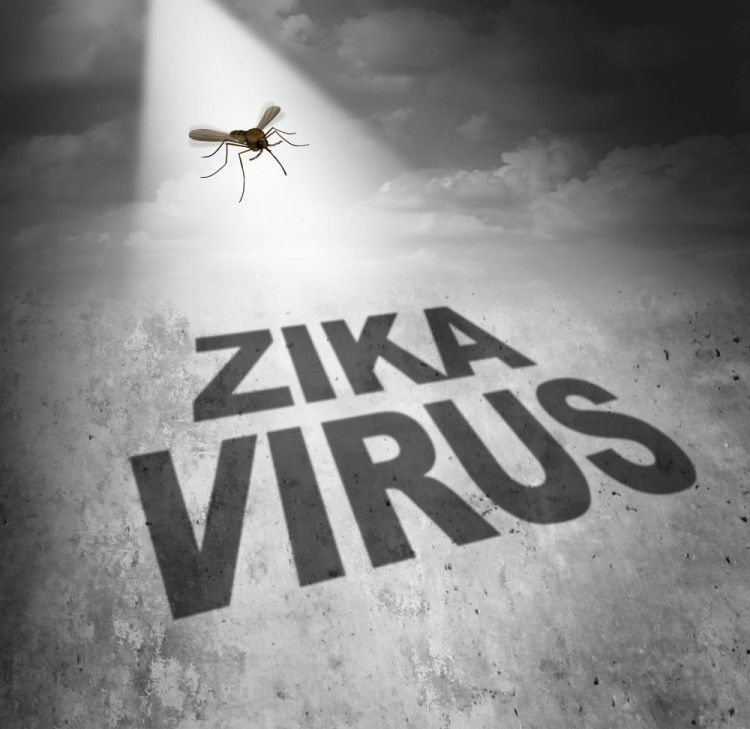Archives
Stay up-to-date and on top of your health with our e-Newsletter and receive updates on current treatments and vital health issues.
Zika Virus – Your Questions Answered

The Zika Virus – Your Questions Answered
The World Health Organization has declared the spread of the Zika virus a global public health emergency. What is it and am I at risk?
What is the Zika virus? — Zika is a relatively new virus, first discovered in Uganda in 1947, that is spread mainly via mosquitos. In most cases, infection causes no symptoms, but for those that do show symptoms, these can include fever, rash, joint pain, and red eyes. Other possible modes of transmission include the passing of the virus from mother to baby in pregnancy, and rarely via sexual spread.
If Zika is acquired while pregnant, it is thought to be a potential cause of abnormalities in the fetus. If you are not pregnant or planning to fall pregnant, Zika is not likely to cause a serious illness.
Where is Zika found? — Zika has been detected in Africa, Southeast Asia, and the Pacific Islands. Since May of 2015, there has been an outbreak in Central and South America, Mexico, and the Caribbean. The virus has also been found in Puerto Rico and the US Virgin Islands.
There have been a small number of confirmed cases of Zika in Australia, however this is primarily in those who have travelled recently to countries where the virus is prevalent, bringing the virus back to Australia.
What are the symptoms of Zika? — Many people infected with Zika have no or only mild symptoms. If symptoms are to occur, they usually arise 2 to 12 days after being bitten by a mosquito that carries the virus.
Symptoms can include:
●Fever
●Rash
●Pain in the joints, especially in the hands and feet
●Red eyes
●Headache
In some regions where there have been infections from the Zika virus, there have also been more cases of a disease called “Guillain-Barré syndrome.” This is a condition that causes progressive ascending muscle weakness. The relationship between the Zika virus and this syndrome remains unclear.
What if I am pregnant? — If you are infected with Zika while you are pregnant, you could pass the infection on to your baby. If you are pregnant or trying to fall pregnant, it is advisable to avoid traveling to countries where the Zika virus is active. If you do visit these countries, it’s especially important to avoid mosquito bites with vigilant use of mosquito repellents, wearing of long sleeves and pants and the use of mosquito nets overnight.
If you are pregnant and have recently travelled to a country in which Zika is known to be present, you should report this to your doctor. There is testing available to determine if you and your baby have had exposure to the virus
Is there a test for Zika? — Yes. If your doctor believes you might have acquired Zika, a blood test will be ordered to look for the virus.
Can Zika be prevented? — Yes. The best way to prevent Zika virus infection is to avoid being bitten by the mosquitoes that carry it. Not all countries where Zika is endemic control mosquitoes well. But you can lower your chances of acquiring the infection if you live or travel there. You can:
●Stay inside when the mosquitoes that carry Zika are most active. They bite during the daytime, in the very early morning, and in the few hours before sunset. Buildings with screens and air conditioning are safest.
●Wear shoes, long-sleeved shirts, and long pants when you go outside.
●Wear bug spray or cream that contains DEET or a chemical called picaridin. Check the label to make sure. Do not use DEET on babies younger than 2 months.
●Treat your clothes and gear with permethrin, a mosquito repellent for your clothes.
●Drain any standing water if possible, such as wading pools and buckets. Mosquitoes breed in stagnant water.
Although Zika is spread mainly through mosquito bites, there are other possible ways to acquire it:
●Sex – There have been a few reports of people being infected with Zika through intercourse. This is rare. However if you have been to a country where there is Zika virus, it’s a good idea to use condoms for at least a few weeks after travel.
●Blood transfusion –If you have been to a country where there is Zika virus, you should not donate blood for at least 4 weeks afterwards.
Whilst researchers are working on the development of a vaccine against the Zika virus, currently there is no vaccine available for protection against the Zika virus infection.